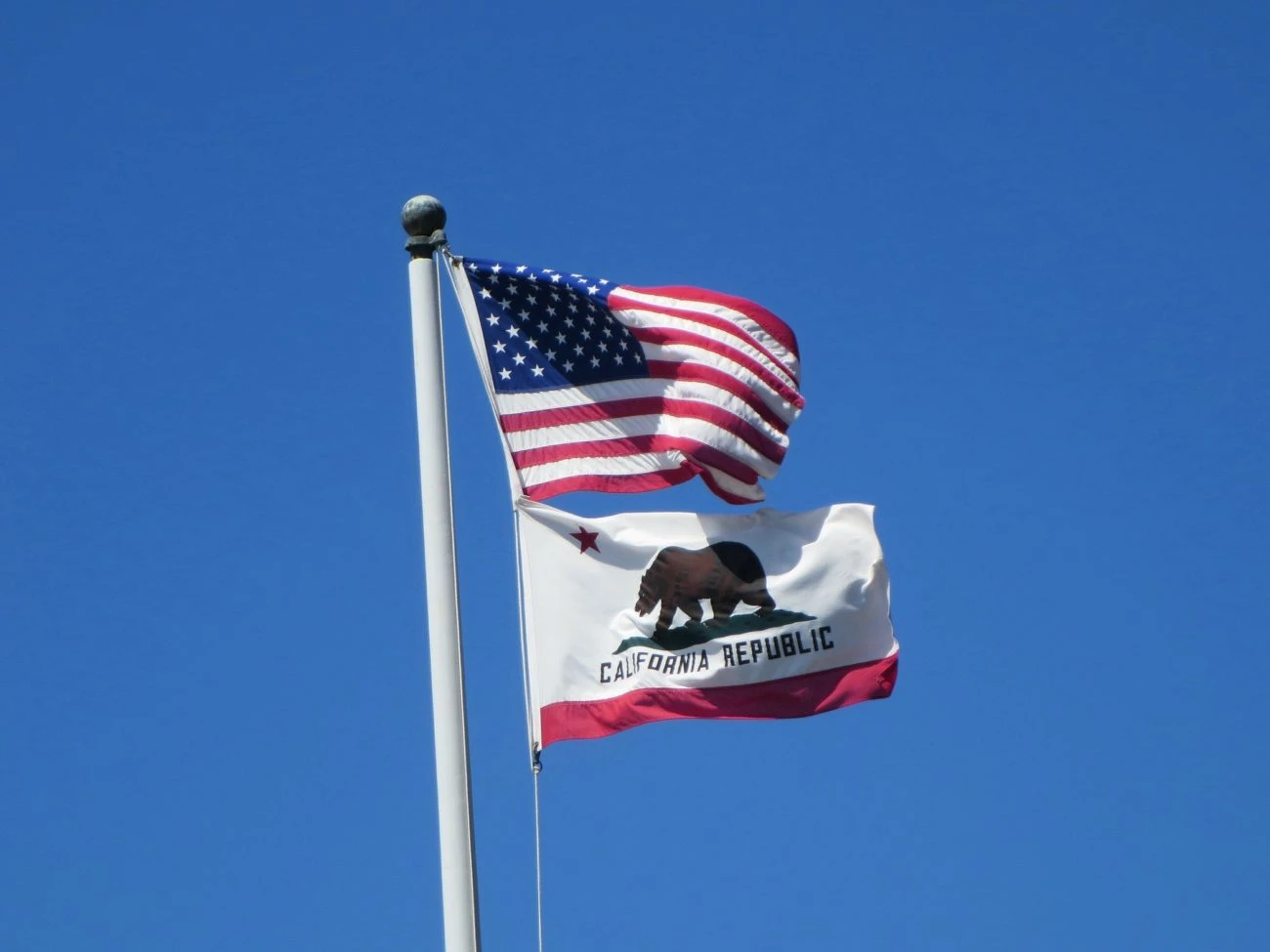California AG rules daily fantasy sports is betting

California Attorney General Rob Bonta has put forward the opinion that daily fantasy sports games is a form of betting and therefore should be regarded as being illegal in the state.
Published on 3 July, the opinion was published in response to a query from California State Assembly member Tom Tackey. This questioned the legality of daily fantasy sports (DFS), which have been accessible in the state for some time.
In Bonta’s opinion, DFS should be treated the same as sports betting, which is already banned under California Penal Code section 337a. He said as players pay an entry fee and can win real money based off the performance of athletes, this qualifies as sports betting.
What swung the decision for Bonta?
The opinion considered several forms of DFS, including pick’em style games. Here, customers predict how a certain player will perform, including how many points they may score in a match. Bonta said that this mimics parlay or proposition bets, where consumers can win money by wagering on a certain athlete.
He also took issue with draft-style games. According to Bonta, paying to pick a team, and winning money based on their performance, can be seen as betting. Therefore, like wagering, it should be illegal.
“We conclude that participants in both types of daily fantasy sports games – pick’em and draft-style games – make ‘bets’ on sporting events in violation of section 337a,” Bonta wrote.
Response to operator arguments in California
Bonta also took into opinion several arguments put forward by operators of daily fantasy sports games.
First was the skill versus chance argument. Operators said selecting players and teams based on skill was more skill-based, as opposed to the chance element associated with betting. But this argument fell on deaf ears. The opinion stated betting is illegal in all forms in California, be it skill or chance-based.
Another argument that fell short was contest versus wager. Operators said their games constituted competitions that players entered, rather than traditional betting. However, Bonta distinguished between contests – where players directly participate – and paying money to win based on others’ performance. Under this framework, he ruled that entry fees constituted wagers, therefore making the practice illegal sports betting.
Bonta also turned down an argument based on the federal Unlawful Internet Gambling Enforcement Act (UIGEA). Operators said that as this excludes certain fantasy sports, DFS cannot be regarded as illegal. However, the AG argued UIGEA does not override California law, which bans all forms of activity seen as betting.
Finally, he said the location of operators is irrelevant. Some operators argued as they were not located in California, the law was not applicable to them. In response, Bonta said even if DFS operators or their servers are outside California, offering DFS to players physically in the state is illegal.
Following in the footsteps of other states
The opinion also made reference to similar rulings elsewhere. Several other US states have already ruled that DFS qualifies as sports betting and have passed laws to clarify this.
“Regulators in Virginia, Arizona, Wyoming and Florida, for example, have all concluded that state laws regulating sports wagering apply to pick’em,” the opinion said. “As the Arizona Department of Gaming explained, the games are simply a type of proposition betting.
“We are not aware of any out-of-state regulator to reach a contrary conclusion.”
He concluded by saying section 337a was designed to protect people in the state from addiction and harm. Therefore, anything seen as sports betting should not be permitted in California.
Where do we go from here?
While the opinion is not legally binding, it could be used to set a precedent in California. Lawmakers may use it to develop legislation formally outlawing daily fantasy sports.
Unsurprisingly, DFS operators have been highly defensive of their activities and distanced themselves from relationships with betting. Underdog, which takes around 10% of its total revenue from California, has been particularly vocal over the matter.
Underdog went as far as attempting to block an official opinion being released by Bonta. However, a California Superior Court judge this week rejected the approach on the ground that the operator could not demonstrate it would face harm. This ultimately allowed the opinion to be published and therefore cast doubt over the operator’s future in the state.
The operator has said it plans to continue operating in California for the foreseeable future.
Class action lawsuits already filed
On the flip side, consumer-focused lawyers in the state have been quick to react to the AG opinion. A coalition of consumer protection laws firms have filed four class action lawsuits against FanDuel, DraftKings, PrizePicks and Underdog, alleging they broke laws by running DFS.
The lawsuits were filed on behalf of California residents who entered DFS contests while located in the state. Each is seeking “monetary and injunctive relief” for what is claimed as “unlawful operation of online sports betting under the guise of fantasy sports”.
Margot Cutter, partner at Cutter Law PC, one of the coalition firms, said: “These lawsuits are about fairness and truth in advertising. Californians deserve to know when they’re engaging in gambling. When companies call it something else to skirt the law, that’s a problem not just for consumers but for the integrity of our legal system.”
James Bilsborrow, partner at Weitz & Luxenberg, added: “These companies intentionally created the false impression that what they were doing was lawful and they banked on no one stopping them.”
